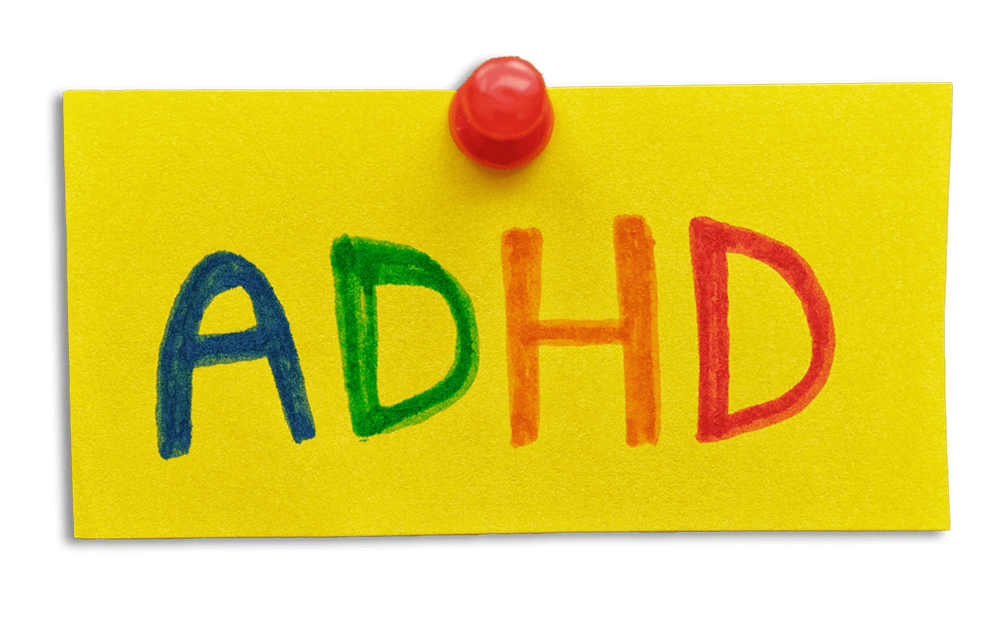
In 1620, in the Staffordshire market town of Bilston, a teenage boy decided he didn’t much fancy going to school. Rather than resort to conventional methods, 13-year-old William Perry claimed that he was possessed by a demon. His symptoms included reacting with spasms to the reading of the first verse of St John’s Gospel and peeing blue urine.
Thousands flocked to Bilston to witness his supposed possession. King James I, who wrote a book on necromancy and black magic, took a personal interest in the case. It was only when the Bishop of Coventry had the bright idea of reading him the equivalent scriptural passage in Greek – a language the boy didn’t speak but the Devil presumably could – and drew no reaction that suspicions were aroused. Perry later admitted to faking his symptoms and dyeing his urine with ink. He was let off with a slap on the wrist and sent back to school.
We may look on the credulity that allowed Perry to fake demonic possession with the sneer of modernity, yet a glance at some recent headlines might cause us to think twice before mocking the past. Last week, engineering executive Shannon Burns convinced an employment tribunal that the consequences of a drinking session on a work trip abroad actually weren’t her fault at all, but the result of her attention deficit hyperactivity disorder (ADHD).
ADHD takes the blame for a whole panoply of evils, from adultery to bad exam performance
Burns, a vice-president of engineering at a software company, had been sacked for, among other things, getting plastered and falling asleep in a sauna. She blamed the company for its failure to supply her with a special coach to help her cope with her ADHD. This, claimed her lawyers, helped explain why she had lost her room key that evening (rather than, you know, a night on the sauce), as well as accounting for her more general failure to be a ‘self-starter and finisher’ at work, despite her senior position and £220,000 salary. And, somehow, she won. The judge agreed that Burns’s condition had contributed to a ‘great deal of forgetfulness’.
Similarly, 45-year-old Samantha Brown took to the pages of the Daily Mail last week to shift the blame for her succession of infidelities. ‘ADHD has seen me indulge in sexual behaviours that were not in my best interests,’ she complained. ‘I never wanted to have affairs, and I hated myself for it, but I still couldn’t stop.’ It’s not quite ‘the dog ate my homework’, but it’s close. The absence of any personal agency here is telling; that there might be people who suffer from ADHD yet manage to avoid cheating on their partners seems not to have occurred to Ms Brown.
ADHD has become the possession de nos jours. It takes the blame for a whole panoply of evils, from adultery to bad exam performance. The hidden scourge is also adding tens of thousands of people to the welfare bill every year. Since 2020, the number of people annually claiming Personal Independence Payments (PIP) for ADHD has almost trebled, from 27,351 to 78,978. Those receiving the maximum possible PIP award for ADHD increased from 6,656 to 35,283 over the same period.
Such ailments are hard to disprove but can carry sizeable pay cheques, which creates obvious incentives. In some cases, the government will even pay for ADHD claimants to hire special ‘support workers’ and ‘job aides’ to assist with day-to-day administrative tasks. You wonder what happens if the government-funded job aides themselves require administrative help due to ADHD: does it just go on and on forever, like a state-subsidised M.C. Escher painting?
This is all part of a general trend towards medicalising everyday behaviour. That is not to say that ADHD in particular is not a real condition. But we appear increasingly keen to hand out diagnoses (and benefits) for things that were once considered part and parcel of human existence. Diagnosing the disorder among younger generations also presents inherent difficulties. How do we separate genuine cases of ADHD from what psychologist Jonathan Haidt has dubbed ‘the great rewiring of childhood’ – the consequences of growing up with unfettered access to smartphones and other technologies which are notoriously destructive of attention spans?

Still, following the example of Master Perry in 1620, the sharp-elbowed middle classes have realised that modern superstition can be deployed to their advantage. Some 42 per cent of private school pupils are receiving extra time in exams for conditions including ADHD, compared with 26 per cent of their counterparts at non-selective state schools. If nearly half of private school students really do have a disorder so serious that it can qualify for disability benefits then we should be looking at what’s in the water at Malory Towers, not handing out extra time and amphetamines. Parents and teachers surely know much of this is a racket but encourage it because it means easier exams and workarounds that can cheat the system.
Wanting to shift the blame is part of human nature. Having the spine to admit responsibility for our own actions is always going to be a hard sell. But as we allow a conveniently subjective condition to become the new catch-all get out clause for bad behaviour, even failure, we are perhaps closer to our gullible forebears than we think. If he were around today, William Perry wouldn’t be faking demonic possession but making sure he had his ADHD diagnosis at the ready.









Comments